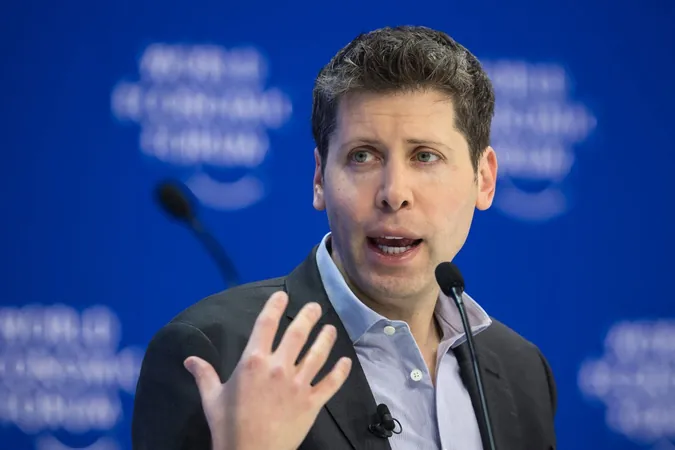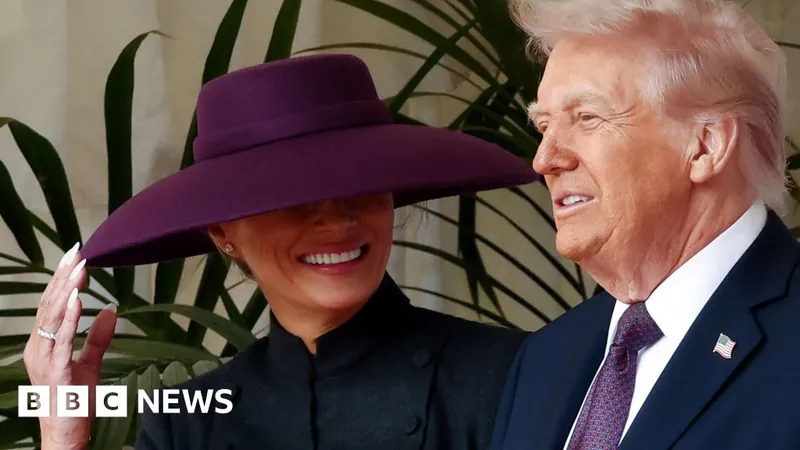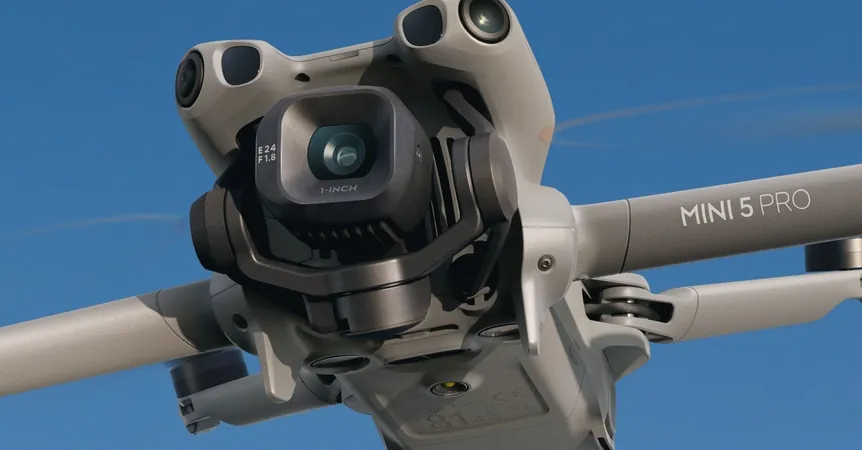
OpenAI Slams Robinhood's Controversial 'OpenAI Tokens' Move
2025-07-02
Author: Ying
OpenAI Raises Red Flags on Token Sale
In a bold statement, OpenAI has issued a clarion call against Robinhood’s latest venture into the world of ‘OpenAI tokens’. The tech giant wants to set the record straight: These tokens don’t provide everyday consumers any equity or ownership in OpenAI. The warning came through an official post on X, making it clear that the company stands firmly apart from Robinhood's initiative.
Robinhood's Ambitious Launch
Earlier this week, Robinhood announced its plans to sell tokenized shares of OpenAI, SpaceX, and other prestigious private firms. The platform claims this move is designed to democratize investment, allowing everyday people to gain exposure to some of the world’s most valuable private companies via blockchain technology.
OpenAI's Firm Rejection
OpenAI was quick to distance itself from Robinhood, emphasizing in its statement, "These ‘OpenAI tokens’ are not OpenAI equity." The company made it clear that there was no partnership or endorsement of Robinhood's efforts, reinforcing the notion that any transfer of equity must be approved by them—an approval that has not been granted here.
The Reality Behind Tokenized Shares
Robinhood’s attempt to introduce tokenized shares raises eyebrows, as ownership in private companies like OpenAI and SpaceX is not accessible to the general public. These companies selectively sell shares to specific investors, clearly defining the bounds of privatization.
A Response from Robinhood
In light of OpenAI's critique, Robinhood spokesperson Rouky Diallo defended the initiative, suggesting that the 'OpenAI tokens' constitute a limited giveaway aimed at providing retail investors indirect exposure via Robinhood's ownership stake in a special purpose vehicle (SPV) that holds actual shares.
Understanding the Tokenization Game
But here’s the catch: Shares in these SPVs don't equate to direct ownership of OpenAI shares. They merely offer ownership stakes in a vehicle inhabited by those shares. This could lead to discrepancies between SPV pricing and that of actual stock. Robinhood has stated that purchasing any of its tokens means acquiring tokenized contracts reflecting stock prices, not the stocks themselves.
CEO's Vision for the Future
Despite the confusion, Robinhood CEO Vlad Tenev remains optimistic. He argues that while the tokens might not represent traditional equity, they offer a new way for retail investors to tap into private markets. Tenev believes this initiative will spur further interest from private companies eager to join the 'tokenization revolution'.
What's Next for OpenAI and Robinhood?
As this drama unfolds, OpenAI has opted to remain tight-lipped on further comment while Robinhood’s discussions continue to evolve. All eyes will be on how both companies navigate the uncharted waters of tokenization in the tech and finance worlds.



 Brasil (PT)
Brasil (PT)
 Canada (EN)
Canada (EN)
 Chile (ES)
Chile (ES)
 Česko (CS)
Česko (CS)
 대한민국 (KO)
대한민국 (KO)
 España (ES)
España (ES)
 France (FR)
France (FR)
 Hong Kong (EN)
Hong Kong (EN)
 Italia (IT)
Italia (IT)
 日本 (JA)
日本 (JA)
 Magyarország (HU)
Magyarország (HU)
 Norge (NO)
Norge (NO)
 Polska (PL)
Polska (PL)
 Schweiz (DE)
Schweiz (DE)
 Singapore (EN)
Singapore (EN)
 Sverige (SV)
Sverige (SV)
 Suomi (FI)
Suomi (FI)
 Türkiye (TR)
Türkiye (TR)
 الإمارات العربية المتحدة (AR)
الإمارات العربية المتحدة (AR)